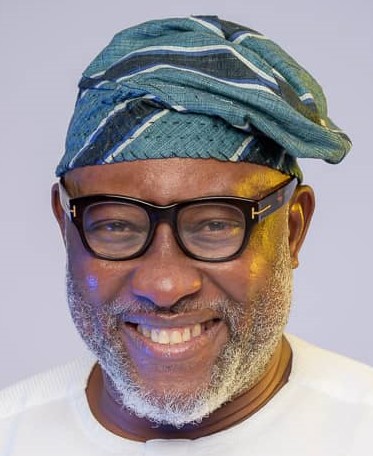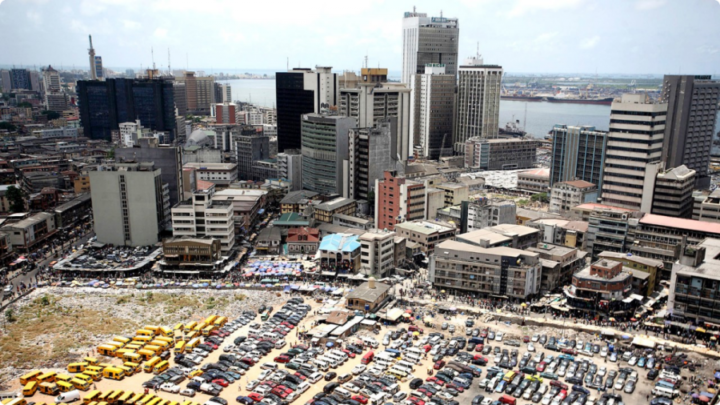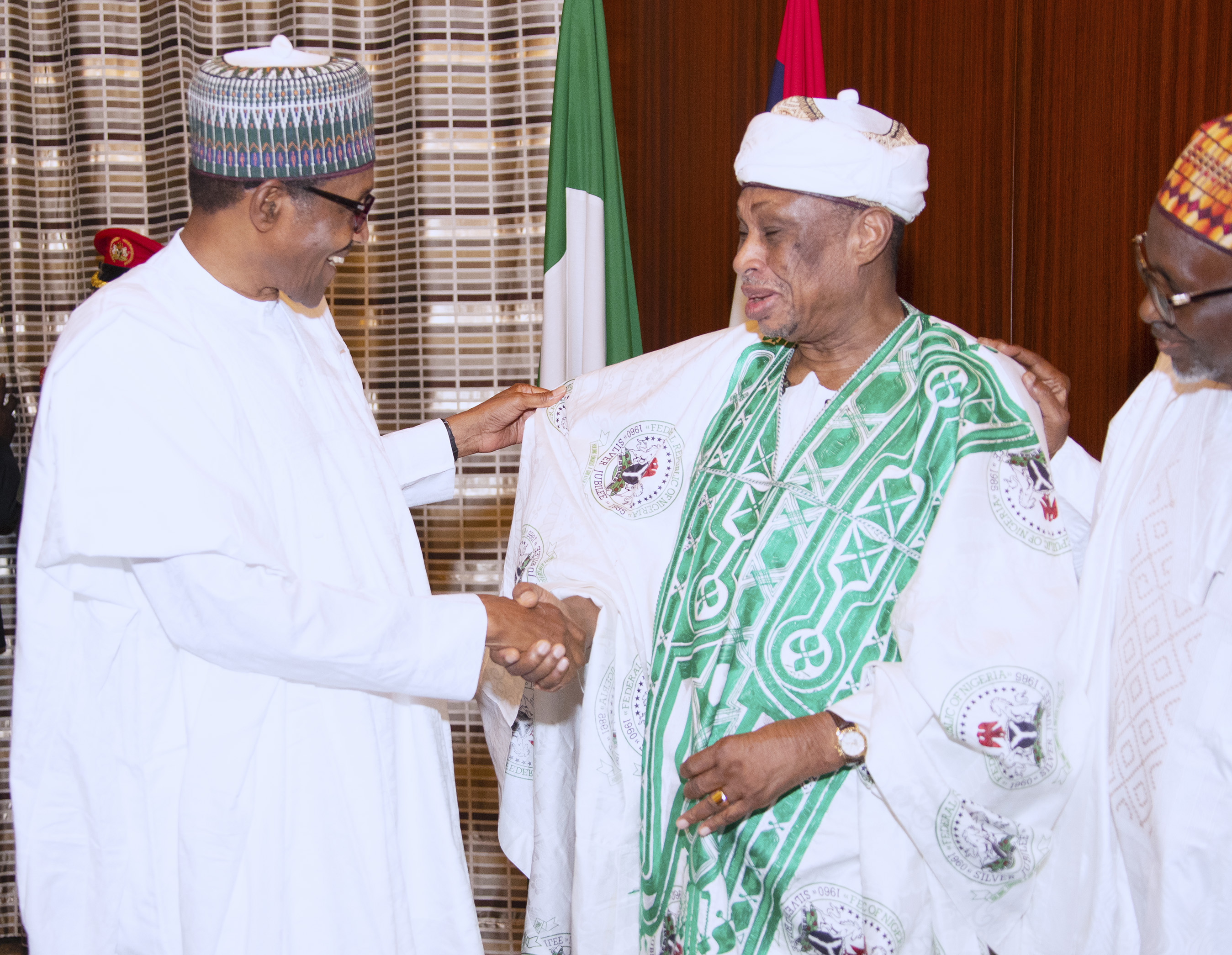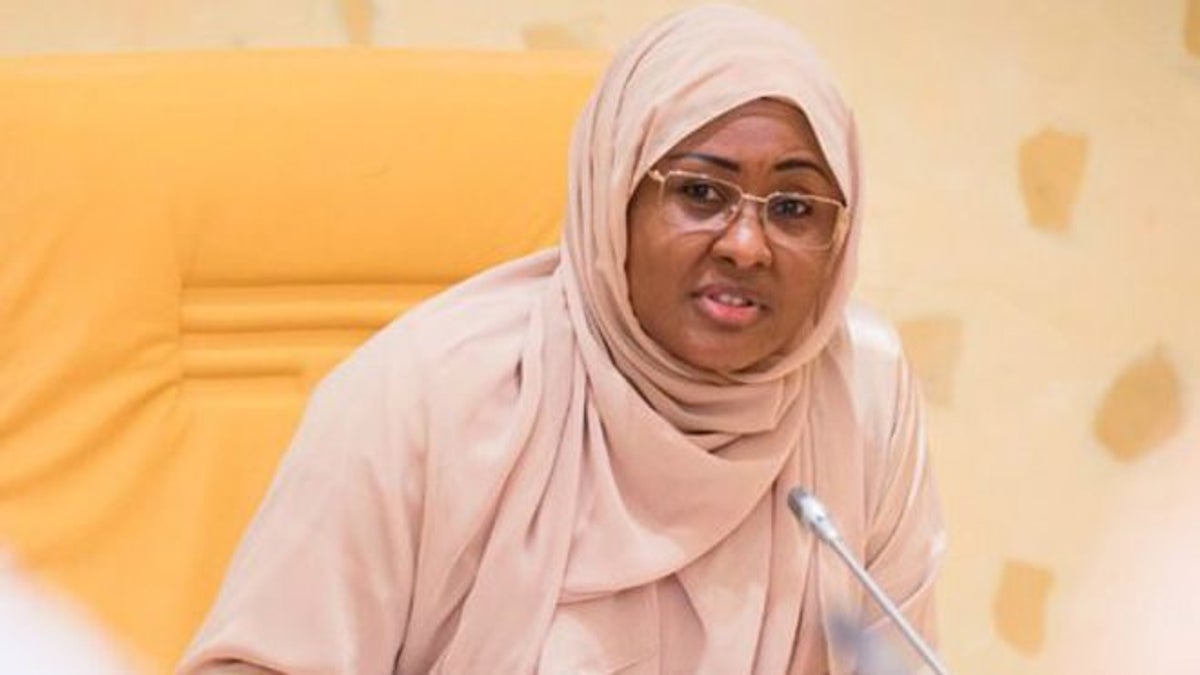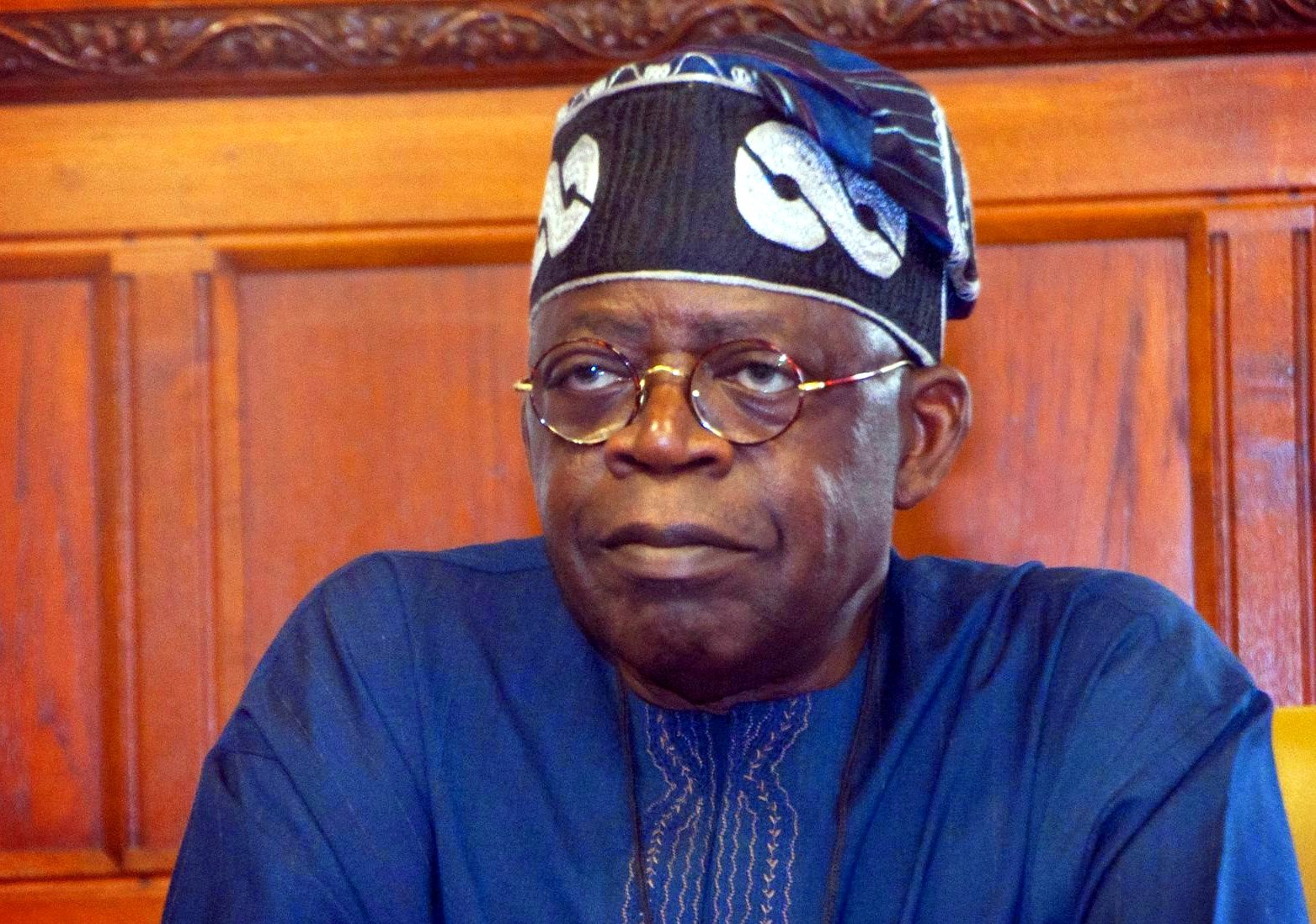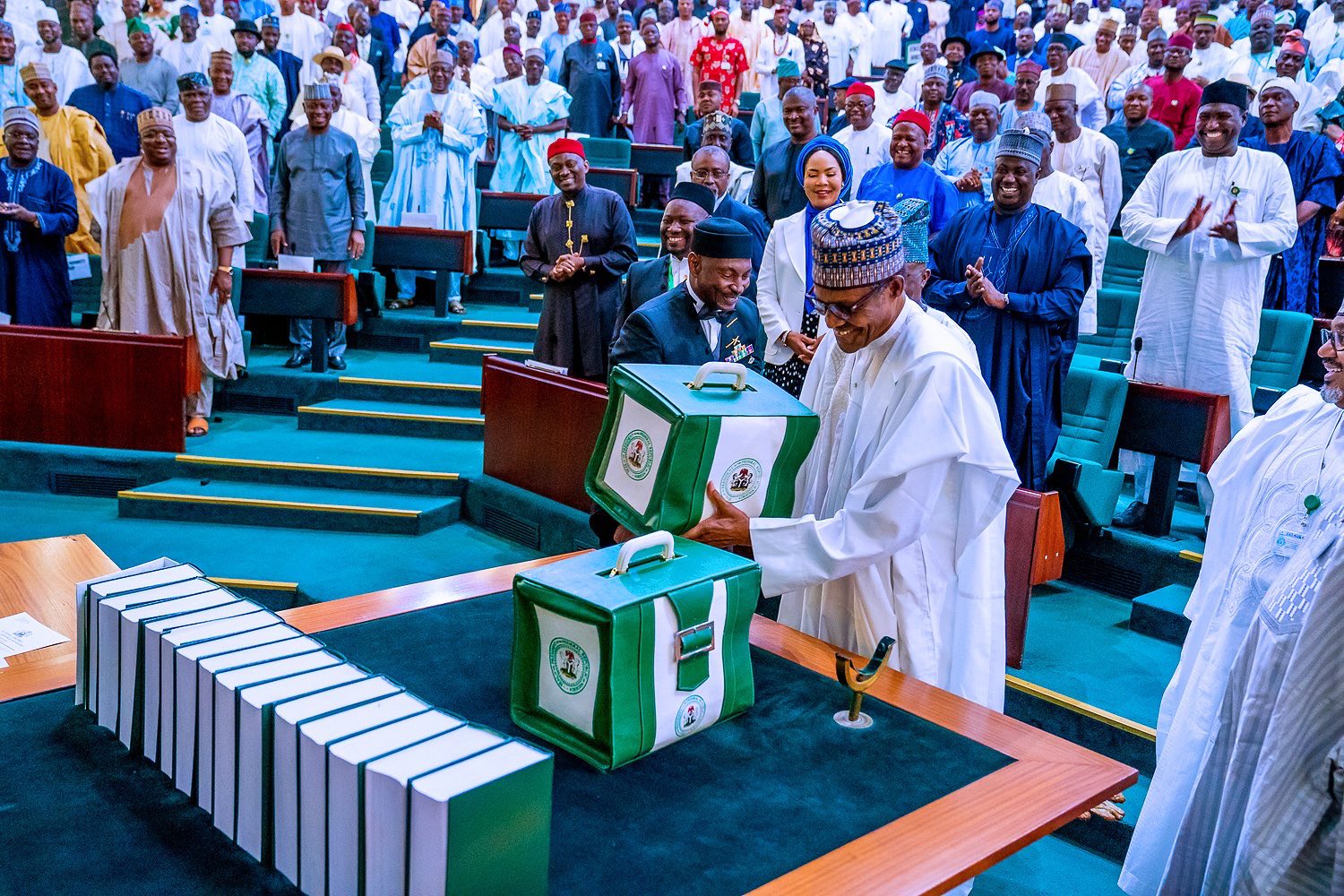Before 2015 Nigeria consistently ranked very poor in the World Bank Ease of Doing Business even though, the country was the biggest economy in Africa and we still retain the trophy of the biggest economy on the continent till date. Things like getting construction permits, filing tax returns, business registrations, judicial resolution of business disputes etc could pose very difficult challenges.
In 2016, the Federal Government established the Presidential Enabling Business Environment Council (PEBEC), to oversee Nigeria’s business climate reform agenda. Nigeria had for many years, struggled with the bottlenecks and bureaucratic constraints, making it difficult to start and grow businesses in the country. A few weeks ago, the World Bank Group announced Nigeria as one of the top-20 improvers on the Ease of Doing Business Score. This was based on the number of reforms planned and implemented by the country and the improvements in the ease of doing business score. Nigeria’s improvements have largely anchored on improvements in business registration process, land administration, access to electricity, commercial litigation and customs& port services.
According to the World Bank, “Nigeria made starting a business easier by operationalizing a new electronic platform that integrates the tax authority and the Corporate Affairs Commission (CAC). The CAC also upgraded its name reservation platform and, in Kano, there is now an electronic platform for registering business premises online, eliminating the need to appear in person.” Company registration in Nigeria had traditionally been a problem, but in the last couple of years, the process has been digitized for more efficiency and transparency.
The World Bank also noted improvements in land administration in Lagos State, stating. “In Lagos, land administration was made more transparent following the digitization of cadastral plans in a geographic information system; digital copies of cadastral plans are now easily obtainable.” Lagos is Africa’s fifth largest economy, contributes about 30% to Nigeria’s GDP, 90% of the country’s trade flow, 65% of manufacturing activities and attracted 47.4% of capital imported to Nigeria in Q4 2017. With these credentials, it only makes senses that reforms in the state’s land administration will be catalytic for overall business environment improvements.
Advertisement
On access to electricity, the World Bank notes, “Nigeria also made getting electricity easier by allowing certified engineers to conduct inspections for new connections.” This certainly is one area for improvement, not just in last mile distribution, but including generation and transmission. According to PwC, the metering gap is somewhere around 38.91million consumers, which by the way, is a potential market of N1.1 trillion.
Another area where Nigeria made improvements is in commercial litigation. “Initiatives also made commercial litigation of smaller cases more efficient. The Chief Judges in Lagos and Kano issued practice directions for small claims courts introducing pre-trial conferences and limit adjournments,” highlighted the World Bank. One of the foundations of a modern economy is a judicial system that is fair and efficient. The tendency is to sometimes emphasize the need for judicial systems to be fair. However, the efficiency requirement of a modern judicial system must be front burner. Never ending case adjournments can have very material economic impact on investments.
Finally, the World Bank highlighted the improvements in the customs and port services, noting, “customs integrated more agencies into its electronic data interchange system, and port authorities launched an e-payment system, speeding up both exports and imports.” Many Nigerians must wonder why Nigeria is winning World Bank brownie points for port efficiency, given the chaotic traffic gridlock around Apapa, Nigeria’s most important seaport by hundreds of nautical miles. Well, technology again played an important role, as the efficiency and transparency of the payments system increased the speed of import and export processing. Technology also played a significant role in improving the efficiency of the Nigerian Customs Service (NCS), which was able to integrate more agencies into its electronic data interchange system.
Advertisement
At this point, one must praise the efforts of the PEBEC. Over the last three years, it has increased its score by over 11 basis points and implemented over 140 reforms. In the same period, Nigeria moved up 24 places in the World Bank Doing Business rankings and 32 Nigerian states improved in their ease of doing business environment led by Kaduna, Enugu, Abia, Lagos and Anambra States. In doing these, the country has seen a 360% reduction in time for filing Corporate Income Taxes from 14 days to 72hrs (+14 places in 2019 DB rankings), 30% reduction in import documentation, and 26% reduction in cost of registering a business. These improvements have not immediately made it easy to do business in Nigeria. However, they show that improvements have been made in the last few years.
In ensuring these improvements continue, the PEBEC, as a matter of priority, must strengthen its relationship with and support for critical stakeholders like Ministries, Department & Agencies, National Assembly, Judiciary, sub-nationals and the organized private sector, to ensure the passion for these reforms are maintained and improved for even better performance in the future.
While Nigeria has consistently moved on the positive trajectory on the World Bank ease of doing business since 2016, the achievement is a fitting reward for the exemplary leadership of the President Buhari-led administration and the Vice President, Professor Yemi Osinbajo, who personally took charge as the tour de force of the efforts invested by the Presidential Enabling Business Environment Council to make the leading economy in Africa a destination of choice for doing business for foreign and local investors. Professor Osinbajo heads PEBEC as the inter-ministerial committee comprising of private sector leaders charged with the responsibility of cleaning up the operating environment for businesses to thrive in Nigeria.
Dr Jumoke Oduwole, who was recently promoted as the Special Adviser to President Buhari on Ease of Doing Business got a deserving reward for the good job she did as the Secretary to PEBEC and former Senior Special Assistant on Trade and Investment.
Advertisement
While the economy is yet to fully rebound from the 2016 recession, the recent appointment of Presidential Economic Advisory Council with some of the best brains the country can parade in matters of business and economy will further inspire global confidence in the economy and accelerate government’s attention to some of the unfinished business of reforming our economy against many fiscal distortions that still constitute a burden on full recovery.
To continue on the current upward swing, the government must work harder within the next four years to see that there is significant improvement in power supply in the country. It is estimated that businesses and families in Nigeria spend about N3.5trillion annually to fuel generators. This is a major drag on the economy and a big hole in the purse of businesses and individuals.
The very high costs for runningan economy that depends on generators – factories, offices, homes in a country of over 180 million people has impaired growth in gross domestic product that is already limping along at 1.92% at a time inflation is still above double digit.
Investments in infrastructure such as roads, rail and port services outside the Lagos ports should be ramped up while government should open up to attract more private capital to fund critical national infrastructure to stimulate economic growth. The cost of transporting goods in Nigeria is still high because of bad roads and poor rail services. The cost of logistics for businesses that distribute goods within Nigeria can be reduced. While states like Lagos and Kano which were specifically mentioned in the 2020 Ease of Doing Business Index are reforming, other states must see the need to improve business environment. This is because the states as the sub-national entities are the real economic drivers. Capital and or investments will only flow to a state that make doing business very easy to do.
Advertisement
Judicial reform is very fundamental to making Nigeria more attractive as a country to do business. The Chief Justices of Lagos and Kano according the 2020 report gave practice direction to their judges on quick dispensation of justice in disputes arising from small businesses. It is a fact that we need a comprehensive judicial reforms that allows for very quick resolution of commercial disputes within 12 months up to Supreme Court like we have in Election petitions matters. It does not inspire confidence when investors think about our judicial processes and how long it can take to resolve disputes while making investment decisions. Investors whether local or foreign must have confidence in our judicial processes. Nigeria must work to remove the stigma of taking commercial disputes to London arbitration panels for resolution.
That Nigeria still has some gaps to fill in our quest to make our country a destination hub and one of choice for doing business is not in doubt. We must continue to put in the required hard work. It is very gratifying that those in government too also appreciate the urgency to make things work better. While the battle has not been won fully,we can at least celebrate the positivestrides made. The aurora moment beckons.
Advertisement
Adefeko, vice president, corporate and government relations, Olam International-Nigeria, is a member technical steering committee of the PEBEC.
Advertisement
Views expressed by contributors are strictly personal and not of TheCable.
Add a comment
